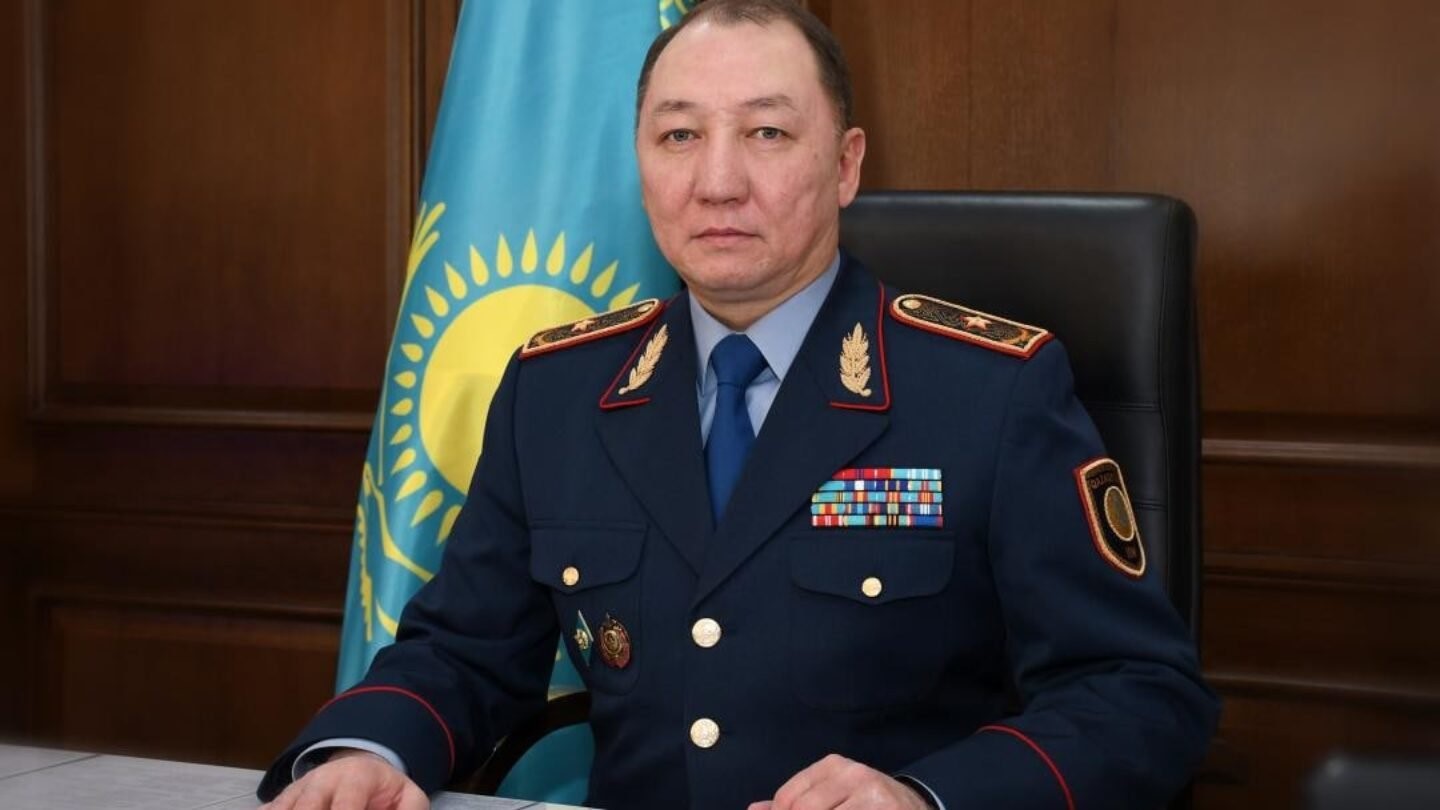The fight against Kazakhstan's mafia
The city of Taraz in the Žambyl region is considered the natioal capital of organised crime. The results of the repressive campaign carried out by the police: crime dropped by 19%, the use of weapons halved, and 220 tonnes of cannabis grown in huge quantities in the area eliminated.
Astana (AsiaNews) - Since the 1990s, the reputation of the city of Taraz in the Žambyl region has been established in Kazakhstan as the capital of organized crime in the entire country. The head of the region's police, General Armanbek Bajmurzin, agreed to tell Orda.kz how the reaction of the police forces is organized, especially after some recent sensational cases such as the violence against a twelve-year-old girl in Žanatas, with resulting killing and dismemberment of the child she bore, and the mass poisoning in Kiikbaev's school.
Bajmurzin has commanded the Žambyl police department since 10 February 2022, after his predecessor, Žanat Sulejmenov, committed suicide a few days after the mass riots at the beginning of the year, one of the crucial moments in the life of Kazakh society in recent times.
The general has been working in the sector of fighting organized crime since the first years after the end of the USSR, and only now does he believe that some significant results are being achieved, with the reduction in the numbers of criminal acts from 2022, which from 15% of population of the directly affected region have dropped to 8%, with around fifty evident cases per year.
The city of Taraz has just under half a million inhabitants, is not one of the main metropolises of Kazakhstan, but is considered the main headquarters of the country's mafia groups. The choice of the local police was to reduce the relationships between the leaders of the gangs and the low-crime laborers, easily recruited by the more organized groups.
In the last two months, two major trials have been brought under the art. 262 of the penal code, for "creation and control of organized criminal groups, and participation in them", against people wanted for over 14 years, leading to a strong reduction of their dominion in the area.
According to statistics revealed by Bajmurzin, criminal violations in public environments fell by 19%, those carried out under the influence of alcohol by 8.6%, the participation of minors by 28.1%, and crimes attributed to organized groups by 13%, with a 53% drop in gun use.
Many sensational cases have been solved, including sexual violence, theft, vandalism, and kidnapping of humans and pets. Yet the police chief states that "there is no point in boasting about having won, there are still many outstanding issues, and the Ministry of the Interior is asking us to create a reliable crime prevention system".
The general says that "I often tour the city on foot to see with my own eyes what really happens on the streets". Every morning the collaborators take stock of the "criminal situation" of the previous night, counting on everyone's availability 24 hours a day.
When asked how much the population trusts the police, he replies that "it's better for the numbers to speak: according to the national statistics office, the police enjoy the trust of 88% of the population, 8.2% are skeptical and 3.8% are uncertain about the response”. The Žambyl region today is one of the top three safest, together with Aktyubinsk and Almaty.
Bajmurzin's line is to "establish direct relations with the entire population: in 2023 I personally received 423 people, the heads of neighborhood detachments met 1,329, and this allows us to react to criticism and find solutions".
The local police staff has seen a large turnover of collaborators, and in the last five years around 300 new units have been hired, selected with great care to avoid any contamination with corrupt environments.
One of the endemic problems of the Žambyl region is the abuse of cannabis, a herb that grows in enormous quantities in the area, and attracts many drug traffickers. Every year the so-called Karasora operation is held, to publicly destroy some tons of narcotic substances: in 2023, 220 tons were eliminated, 95 more than the previous year, removing at least 15 billion tenge (30 million euros) from crime. Kazakhstan seeks to purify itself, socially and politically, with great efforts by the central and local authorities.







.png)










